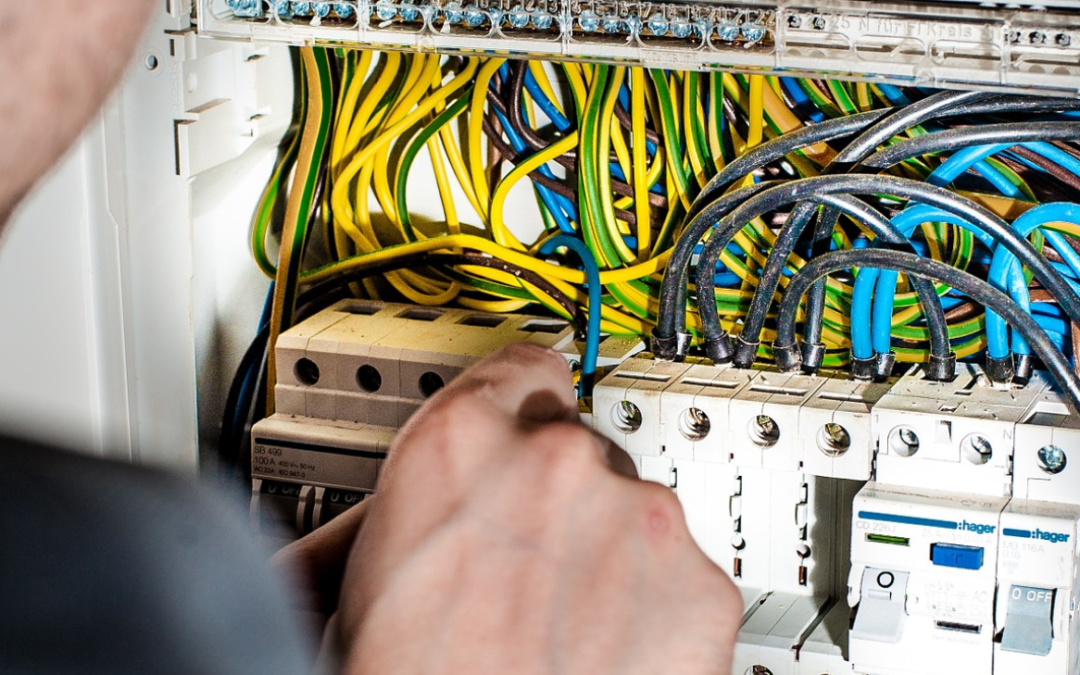Landlord Electrical Safety Certificate, if landlords do not follow their electrical safety obligations, they expose themselves to significant financial risks, such as fines and invalid insurance claims. The risks extend beyond financial losses, as noncompliance with electrical safety regulations endangers the safety of tenants, who may be living in unsafe homes.
Electrical safety checks have been required for all new tenancies since 1 July 2020, and they will be extended to existing tenancies in April 2021. This was despite attempts to extend the deadline due to the coronavirus pandemic’s impact on slowing work and making tenants hesitant to admit tradespeople, as well as a shortage of qualified Landlord Electrical Safety Certificate.
Electrical installations must be inspected and tested by a qualified and competent person at least every five years, according to the regulations. GOV.The UK has more information on electrical safety standards in the private rented sector and landlord responsibilities.
The implementation of mandatory electrical safety inspections:
The government announced plans in 2019 to phase in mandatory electrical safety checks, bringing electrical testing in line with the gas safety check regime and the electrical regulations already in place in licensed Houses in Multiple Occupation (HMOs), as well as the electrical testing regulations in place in Scotland.
The new regulations superseded the previous requirement that HMOs have their electrical installations tested. Landlord ZONE, Hamilton Fraser’s news partner, outlined the changes and how landlords can ensure compliance in its comprehensive article on the mandatory five-year electrical checks.
Landlord electrical safety regulations:
As a landlord, it is your legal responsibility to ensure the safety of all electrical equipment installed throughout your property and to keep it in good working order for the duration of the tenancy. This includes all fixed electrical equipment supplied by the property’s electrical meter, as well as plugs, light fixtures, and internal wiring. Electrical installations, like any other feature of a property, are subject to wear and tear and thus require maintenance and safety assurances.
Houses with multiple occupants:
If you have a house in multiple occupations (HMO), which is defined as at least three tenants who are not from the same household but share facilities such as the bathroom and kitchen, management regulations require landlords to take safety measures that ensure fixed electrical installations are tested by a qualified electrician at least every five years.
A certificate should then be obtained, and if requested, the local authority may require it to be produced within seven days.
Part P of the Building Code:
This regulation requires that the majority of fixed electrical installations in a rental property comply with building codes. This can be accomplished by either pre-notifying the local authority of any planned work or by hiring a registered electrician through one of the Government’s approved schemes.
Installations of electrical power:
To ensure the safety of all electrical installations in property between tenancies, landlords should conduct regular visual safety checks. This will allow landlords to identify any broken or damaged items, such as light switches and sockets before they cause damage to the property, Landlord Electrical Safety Certificate.
Electrical devices:
The government does not currently require landlords to conduct portable appliance tests; this is at the landlord’s discretion. However, landlords may wish to conduct such checks at the time of letting to avoid any potential disputes or damage caused by faulty appliances. Maintaining electrical safety is unquestionably important when renting out a property because electrical installation upgrades benefit landlords by materially improving properties and preventing fires, which can cause significant and costly damage.
Ensure that any required work is performed by a qualified electrician, ensuring the safety of electrical installations. More information is available in the Government’s ‘domestic landlord guidance’ document. If you’re not sure why you need an electrical safety certificate or how to get one, we can help.
We’ve put together a comprehensive legislation for landlords guide to give you all the information you need to make the best decisions for your property. Remember that Total Landlord Insurance can help you protect your rental income and property. Since 1996, we have been providing award-winning landlord insurance and comprehensive landlord protection. Our dedicated experts excel at providing excellent customer service.
